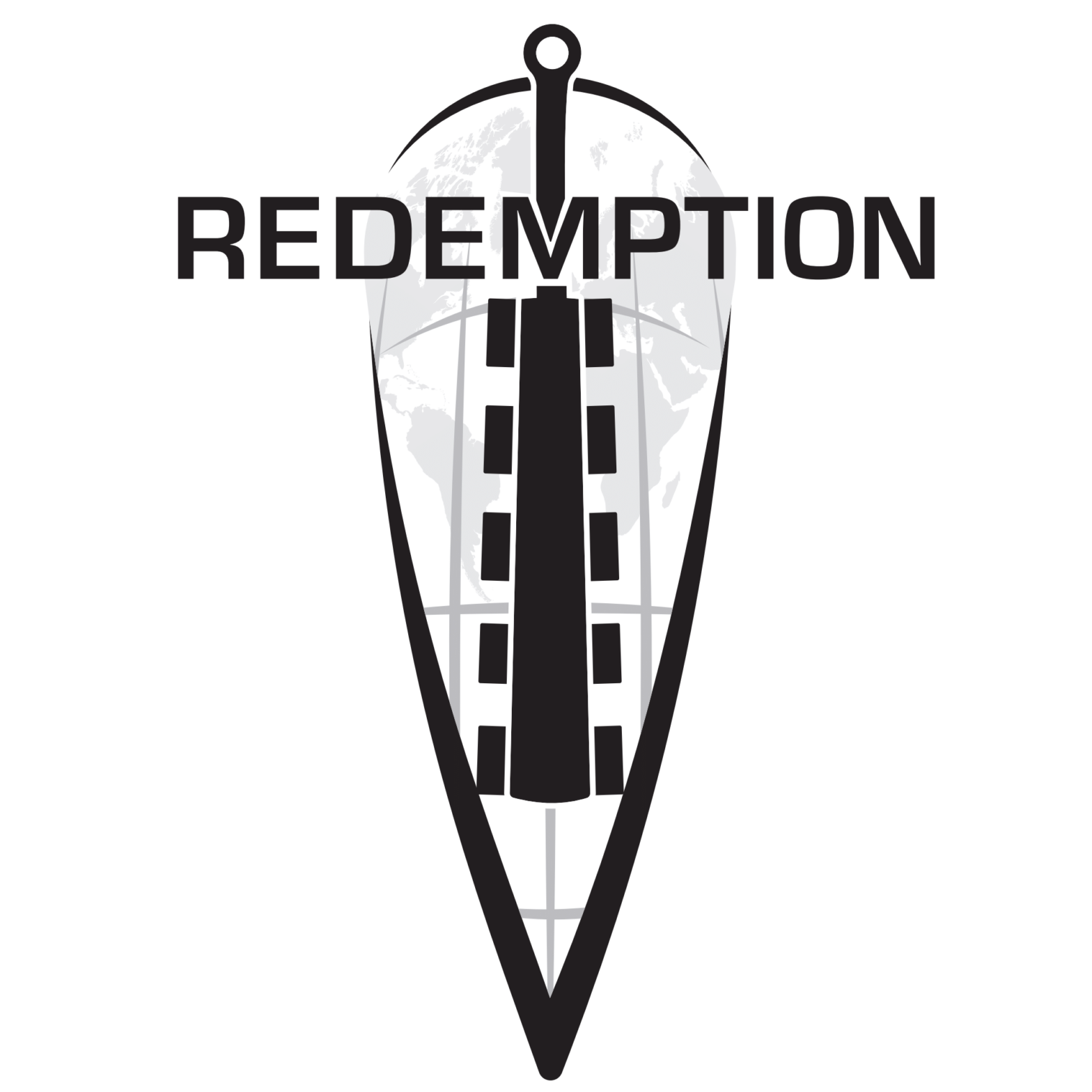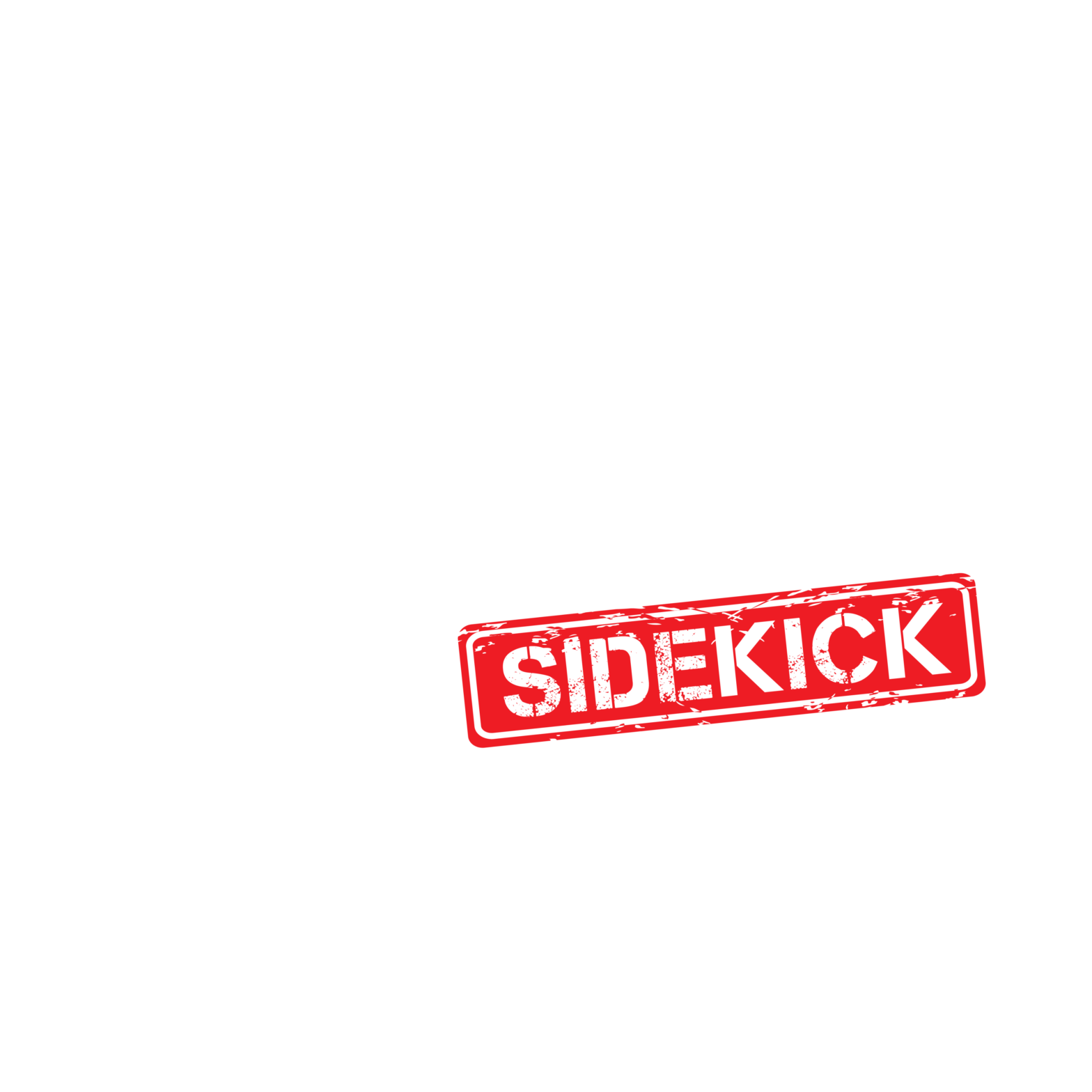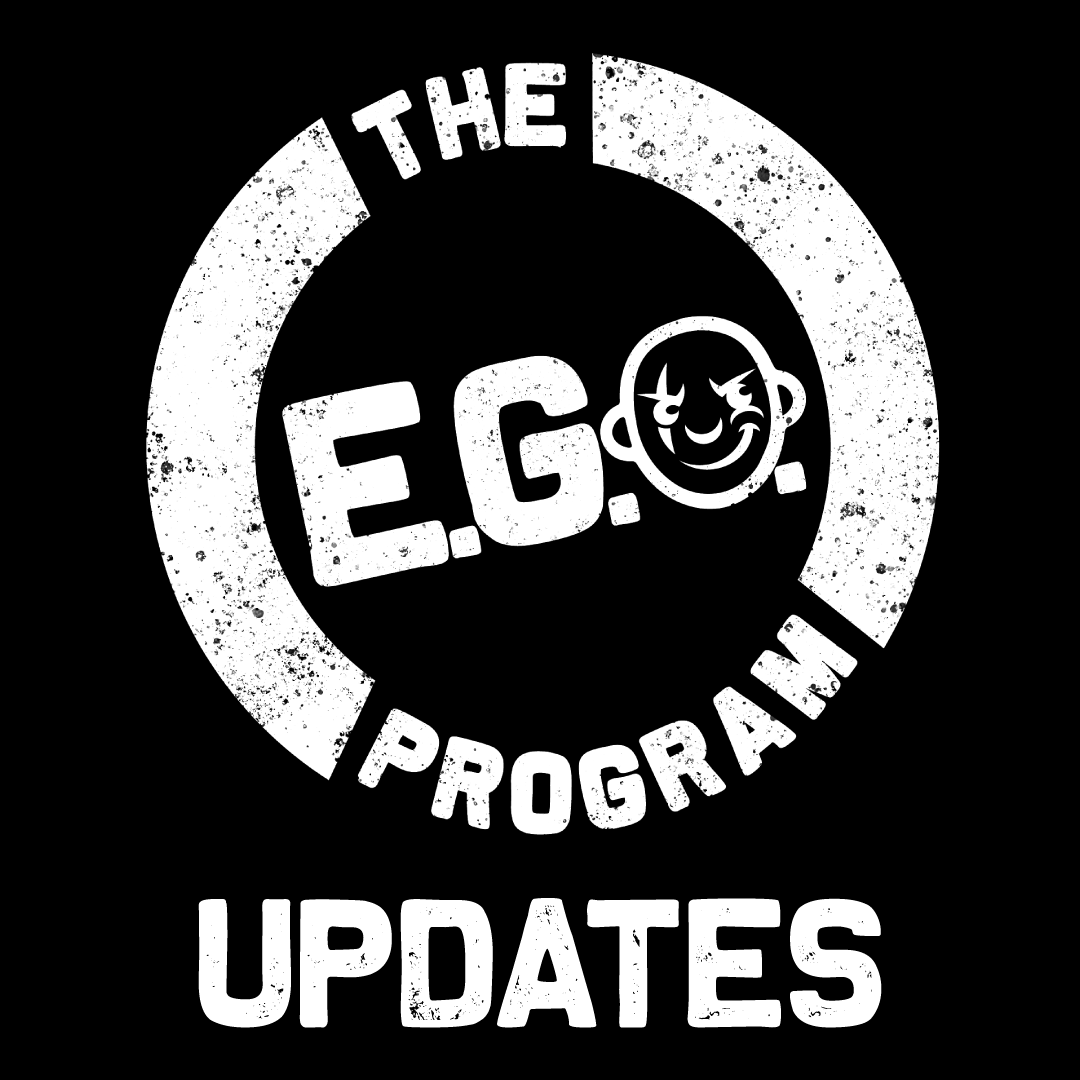Welcome to the first episode of The Evil Genius E.G.O. Writer’s Spotlight, an occasional series where we highlight writers of our E.G.O. Everyday Heroes adventures. As a former writing teacher and coach, world builder, editor, and writer myself, I always enjoy listening to writers talk about their craft. Hopefully, you do too. As the creators of the adventures that entertain and sustain our TTRPG community, these Everyday Heroes of the written word have fascinating stories to tell and interesting insights to share.
Our first Writer’s Spotlight features Thomas Pugh, whose credits at Evil Genius Games extend across several popular Everyday Heroes publications (Quickstart Guide: “Welcome to the Jungle,” Rambo: First Blood, Escape from New York). Thomas is also the writer of the soon-to-be-published E.G.O. Assignment 3: All Rhodes Lead to Redemption, a tale in which Redemption agents travel to Rhodes to face an…erm…colossal foe and Assignment 7: Postmortem Influence (my lips are sealed). Thomas has a delightfully wicked (some might even say, “evil”?) sense of humor and of Lovecraftian horror, and we bonded early over a mutual love of Italy. Here’s what he had to say:
Give us a sense of your background and personality as a writer. How would you characterize your writing voice and style, or the kinds of adventures that you excel at?
As a writer, I love creating atmosphere. One of the joys of RPGs is visiting new places and worlds that exist only in our heads. Placing aesthetic details in a scene can really help that place or world come alive. It’s often the little, almost insignificant embroideries that help create the particular tone that makes a scene really feel like it is part of, say, dystopian New York, or 1990s Panama.
I also enjoy really leaning into the tropes of a particular genre. Cliches are often derided as lazy writing, but they can also be a purposeful shorthand for conveying what kind of adventure you’re writing in a language that both the writer and players understand. That said, because their overuse can kill a work, I always try to use such tropes sparingly and intentionally, often subverting them in some way to inject an original twist.
However, an Arthurian chivalric adventure should not read the same as a gun-toting balls-to-the-wall action adventure, so I temper my writing voice to bring out one aspect whilst downplaying others. It’s not a matter of not being true to myself–we all have many aspects to our personality–it’s just a matter of making sure that I channel the right side of personality for that particular project. I have just as much love for Mallory as I do for John Carpenter.
But when left to its own devices, I would say that my writing voice tends towards a fusion of darkness and humor. I find joy in exploring the darker aspects of storytelling while sprinkling in moments of levity.
How did you get started as a TTRPG or adventure writer, and which projects/assignments are you most proud of or have been significant in your development as a writer thus far?
One of my earliest professional commissions was “Welcome to the Jungle” for the Everyday Heroes Quickstart Guide, which provided invaluable experience in the field. Working on Everyday Hero projects has been instrumental in my development as a writer and adventure designer, allowing me to hone my skills and explore different storytelling techniques. Projects like Rambo: Flesh & Blood, for example, showcase my ability to contribute to established franchises by staying true to their essence.
Additionally, my personal project—a dark fantasy/Lovecraftian/pulp-noir setting—has been a labor of love, and was launched last year with the adventure Shub-Niggurath Always Rings Twice.
Tell us about your E.G.O. assignment. What did you enjoy about this assignment, and what were the challenges? Which aspects of this adventure do you hope GMs and players will particularly enjoy?
My E.G.O. assignment, All Rhodes Lead to Redemption, presented both enjoyable and challenging aspects in equal measure. Crafting a subplot within a larger narrative allowed me to integrate my own creative elements, enriching the overall narrative whilst still making sure my own part made sense, both internally an as as part of the bigger picture. I particularly relished designing the exploration phase, which served as a game within a game, using simple mechanics whilst still keeping the narrative elements.
Ultimately, I hope GMs and players will appreciate the intricate plot of All Rhodes Lead to Redemption and that its immersive world-building fosters memorable experiences at the gaming table. In my book, a game is always a success if the players talk about it afterwards, not in terms of the rules and rolls, but as a story.
Describe your current process as an adventure writer. Once you receive an assignment, how do you proceed from the initial setup to the final draft?
As an adventure writer, my process begins with a detailed synopsis that serves as a roadmap for the narrative journey ahead. From there, I flesh out each scene sequentially. I find having a detailed outline actually gives me more scope to riff, since I know exactly where I have to come back to narratively, and how each scene needs to fit into the structure to do exactly what it is supposed to do.
After I’ve finished a rough draft, I normally have to cut quite a few words. I get excited during writing and my ideas can run away with themselves. There are often sections—sometimes even whole encounters—that I really like but, if I am honest, don’t fit into or add to the finished work. I have a file with lots of these saved for future use.
Finally, I write the introductory sections, I’m usually still tight against the word count at this point, but because I know the adventure inside and out from all my revisions I can be as brief as possible while still getting in everything that is needed.
What projects are you currently working on?
Currently, I am working on a variety of projects over several genres. I am crafting a couple of 5E adventures for EnWorld. These are typical fantasy fare but have a large enough scope that I can put an original spin on them. In other fantasy, I’m working on a GURPS Banestorm adventure, which is a very different system with a unique setting.
Additionally, I’m delving into historical pulp fiction with a Troubleshooters adventure set in 1960s America, exploring themes of espionage and intrigue through the lens of Franco-Belgian comics.
Finally, when I get time, I am also nurturing my own projects. These include a third-party adventure for Everyday Heroes titled “Hymn to Forgotten Gods,” where the party plays an SAS unit during the Gulf War that uncovers more than they bargain for under the desert sand.
Could you share any tips or insights for aspiring professional TTRPG adventure writers?
For aspiring professional TTRPG adventure writers, I would firstly advise them to focus on getting their own projects out into the world. This will showcase your writing style and ability, as well as your capability to see a project through to completion. While ideas are crucial, the true challenge lies in the discipline of writing and in crafting and refining your work. Additionally, keep an eye on what is happening in the industry and don’t hesitate to reach out to potential collaborators or clients, since these connections can lead to invaluable opportunities. For example, it was a fortuitously timed email to Evil Genius that led to me being commissioned to write Welcome to the Jungle and, from there, to a number of other projects.







Be the first to comment
Sorry but it seems you are not logged in.
To post the comment first you need to Sign In